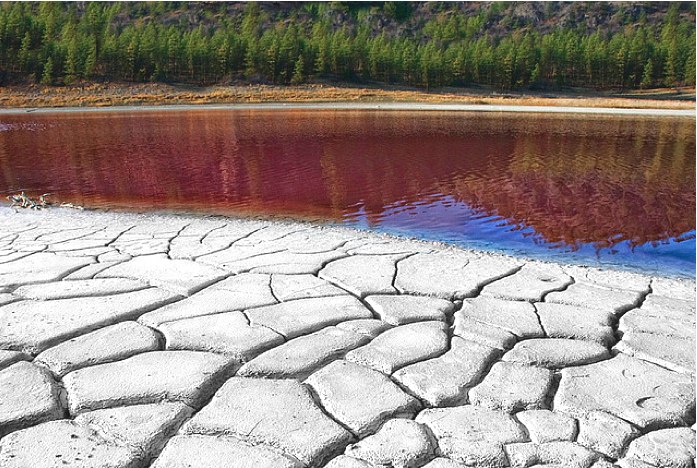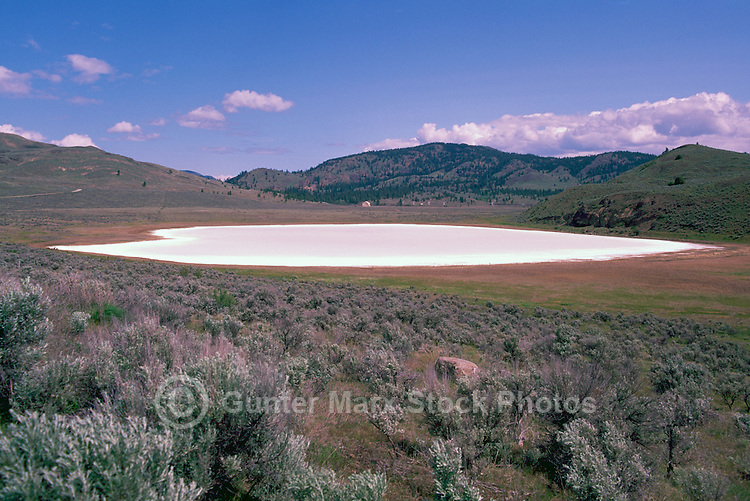Meyer Jordan
Tadpole
- Joined
- Oct 10, 2014
- Messages
- 7,177
- Reaction score
- 5,675
- Location
- Pensacola, Florida
- Hardiness Zone
- 9a
- Country

OK. Just for you Randy.
If a pond is correctly designed, installed and maintained, then no, aeration is not needed. If a pond is large enough to where the wind fetch is sufficient, then no, aeration is not needed.
As with any water quality issue regarding a pond, the source of that issue can usually be found in an imbalance between fish load and biofiltration/flow rate.
Aeration is required or desired usually because of pond design flaws or aesthethics, i.e. Pea Soup (which incidentally is desired in a Fishery pond)
The discussion of aeration pro and con has the potential to be quite lengthy. That is why I suggested a new thread to discuss 'contraptions'.
Asking morewater about the scale of microscopy is hoping for a quick answer, not a lengthy discussion.
If a pond is correctly designed, installed and maintained, then no, aeration is not needed. If a pond is large enough to where the wind fetch is sufficient, then no, aeration is not needed.
As with any water quality issue regarding a pond, the source of that issue can usually be found in an imbalance between fish load and biofiltration/flow rate.
Aeration is required or desired usually because of pond design flaws or aesthethics, i.e. Pea Soup (which incidentally is desired in a Fishery pond)
The discussion of aeration pro and con has the potential to be quite lengthy. That is why I suggested a new thread to discuss 'contraptions'.
Asking morewater about the scale of microscopy is hoping for a quick answer, not a lengthy discussion.




